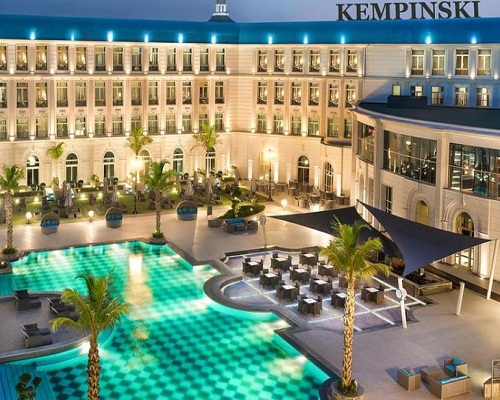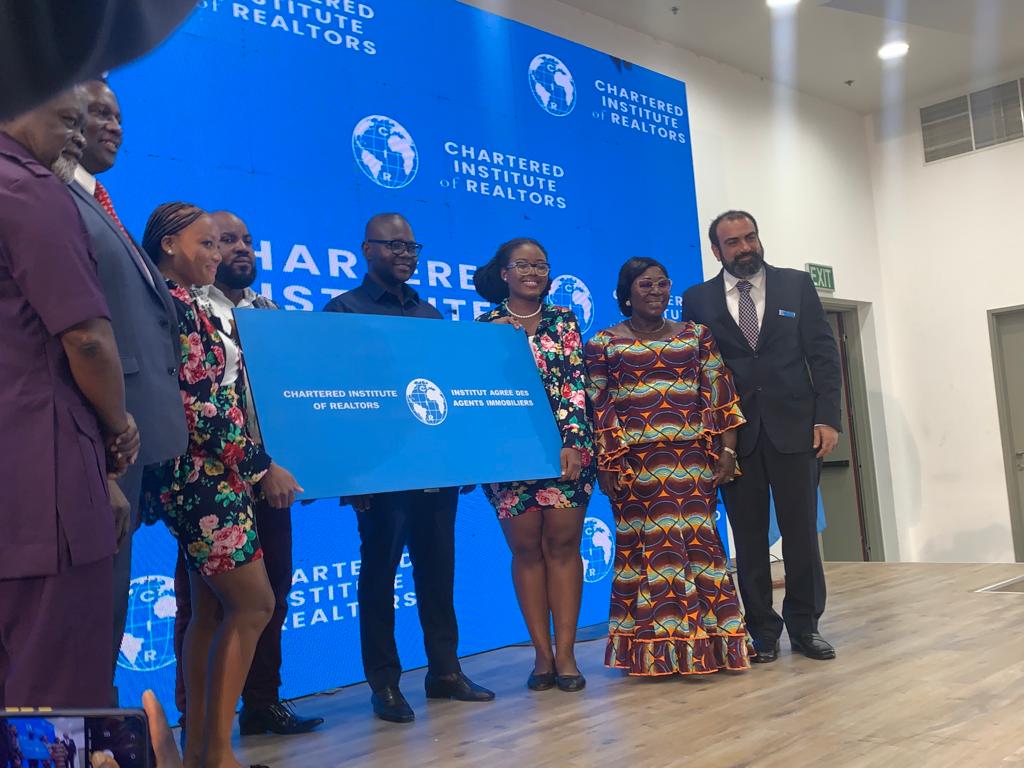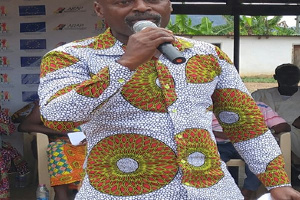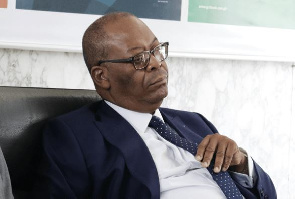Government power subsidies more than amount spent on Free SHS – Economist
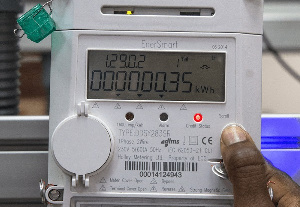
Government pays about four billion dollars in subsidizing the energy sector, Mr Habibu Adam, a Senior Economist, at the office of the Senior Presidential Advisor, has said.
Mr Adams said the subsidy payment was more than the money being spent to implement the Free Senior High School (FSHS) policy, adding that this was because Ghanaians were not paying the right tariff.
He said due to the huge financial burden on the government, it was about time to take a second look at the power tariff since it was unrealistic to continue to subsidize power.
Mr Adam was speaking at a seminar organized by the Ghana News Agency for state and non-state actors to address national issues.
Speaking on the topic: “The Strength of Ghana’s Economy: Financial Services Sector and other sectors of the economy,” Mr Adam said Ghanaians suffered power rationing for almost four years.
He said the NPP government thought it wise to cushion companies to revive and expand after most cut down on their production due to the huge amount of monies spent on fueling generators.
He said the government did this by reducing drastically the cost of electricity, which he said deprived the Electricity Company of Ghana (ECG) a lot of revenue, noting that there had not been a tariff adjustment for the past two years.
“You realized that for the last two years, there hasn’t been any adjustment and what we are currently paying now is even lower than what we were paying in 2015, but somebody has to pay for that and the government is paying a lot.”
He said the monies ECG collected from customers were not enough to meet the cost of its operations and it was the same for the Independent Power Producer (IPP), Fuel Suppliers for thermal generation, and the Ghana Grid Company (GRIDCo).
“For instance, if you look at August, the invoice was about GHC900 million and the money collected by ECG after taking out all other statutory deduction what was left was GHC540 million.
“The money that was required to pay all those in the value chain was about GHC900 million, so about GHC300 million was outstanding and that is just monthly so it means we don’t pay the right tariff,” he indicated.
He said Ghana’s energy cost was very high in the West African sub-region, saying it was partly due to the costly power plants that were brought in during the energy crises.
“It is a contract for a take or pay, so whether you take or not you have to pay for it, the unfortunate thing is that during those times the peak energy demand was almost about 2,700 megawatts of energy and unfortunately we signed contracts in excess of 5,000 megawatts.
“So close to 2,300 megawatts are energy that we don’t need but because of the take or pay contract we have to pay for it so at the end of the year it cost us over 500 million dollars and all are on the head of ECG so the government has to come in to pay.”
Source: GNA


